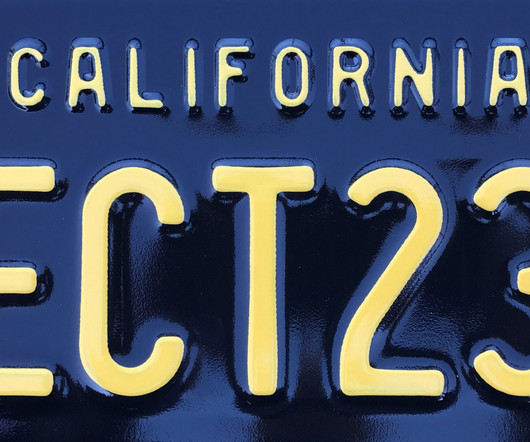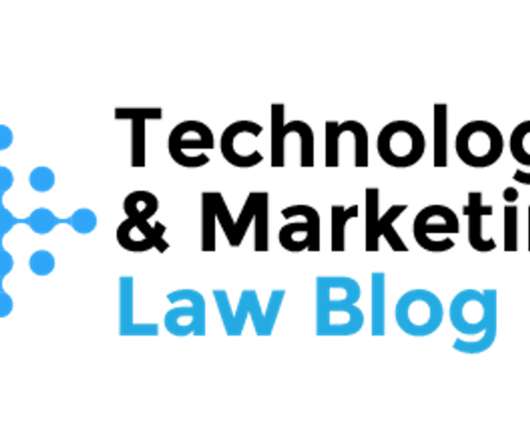Retailer has standing to assert Lanham Act false advertising claims against its own supplier
43(B)log
NOVEMBER 23, 2022
In summer 2020, AHBP began negotiating with the Lynd defendants for the exclusive license to market and sell a surface disinfectant/cleaner known as “Bioprotect 500” in Argentina. Lynd advertised the Product as effective against the coronavirus. the Lanham Act false advertising claim survived.





















Let's personalize your content